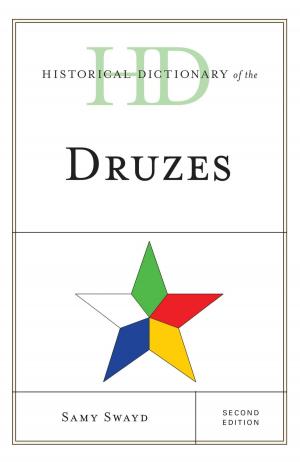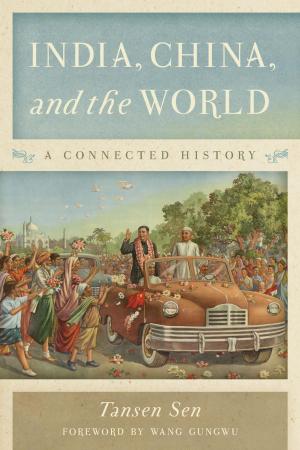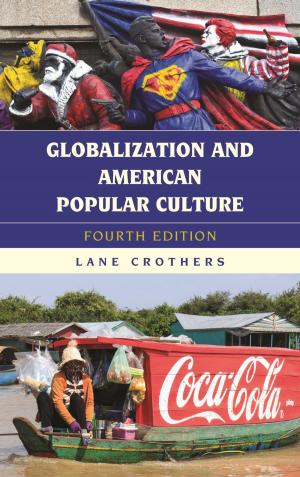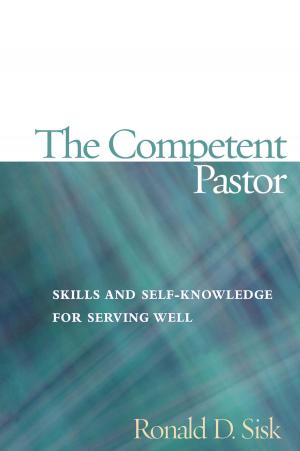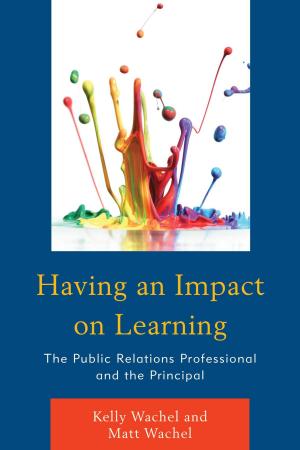The American Deep State
Big Money, Big Oil, and the Struggle for U.S. Democracy
Nonfiction, Social & Cultural Studies, Political Science, International, International Relations, Government, History, Americas, United States| Author: | Peter Dale Scott | ISBN: | 9781538100257 |
| Publisher: | Rowman & Littlefield Publishers | Publication: | May 2, 2017 |
| Imprint: | Rowman & Littlefield Publishers | Language: | English |
| Author: | Peter Dale Scott |
| ISBN: | 9781538100257 |
| Publisher: | Rowman & Littlefield Publishers |
| Publication: | May 2, 2017 |
| Imprint: | Rowman & Littlefield Publishers |
| Language: | English |
Now in a new edition updated through the unprecedented 2016 presidential election, this provocative book makes a compelling case for a hidden “deep state” that influences and often opposes official U.S. policies. Prominent political analyst Peter Dale Scott begins by tracing America’s increasing militarization, restrictions on constitutional rights, and income disparity since World War II. With the start of the Cold War, he argues, the U.S. government changed immensely, from protecting and nurturing a relatively isolated country to assuming ever-greater responsibility for controlling world politics in the name of freedom and democracy. This has resulted in secretive new institutions and also a slow yet radical change in the American state itself. Indeed, the author now sees the deep state polarized between an establishment and a counter-establishment in a chaotic situation that may actually prove more hopeful for U.S. democracy.
Now in a new edition updated through the unprecedented 2016 presidential election, this provocative book makes a compelling case for a hidden “deep state” that influences and often opposes official U.S. policies. Prominent political analyst Peter Dale Scott begins by tracing America’s increasing militarization, restrictions on constitutional rights, and income disparity since World War II. With the start of the Cold War, he argues, the U.S. government changed immensely, from protecting and nurturing a relatively isolated country to assuming ever-greater responsibility for controlling world politics in the name of freedom and democracy. This has resulted in secretive new institutions and also a slow yet radical change in the American state itself. Indeed, the author now sees the deep state polarized between an establishment and a counter-establishment in a chaotic situation that may actually prove more hopeful for U.S. democracy.

